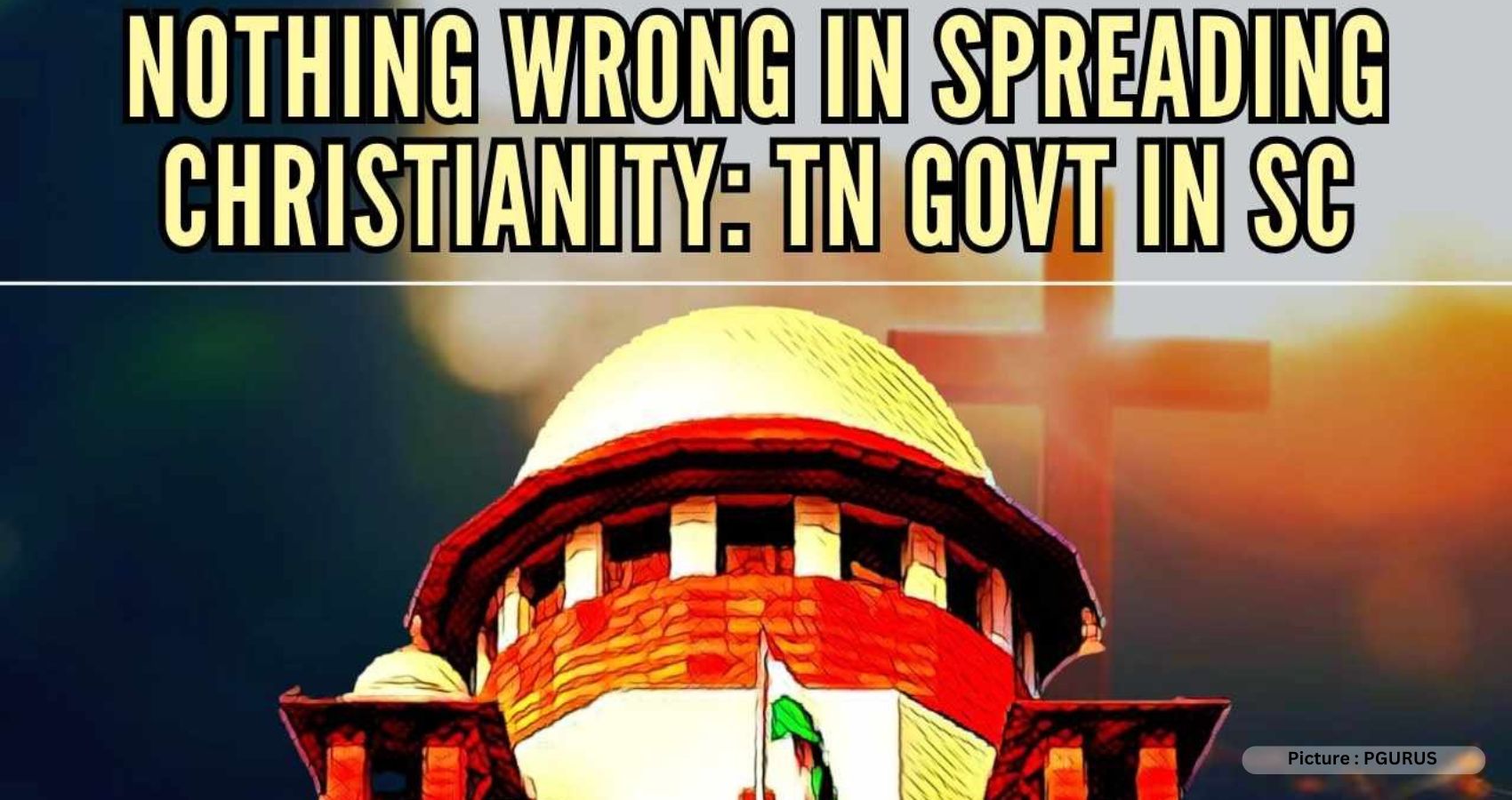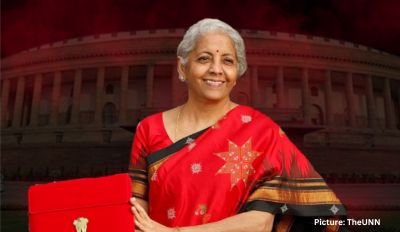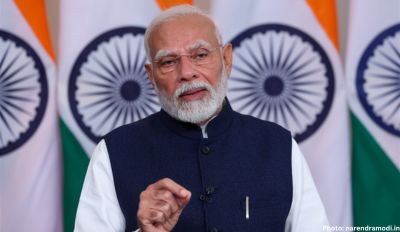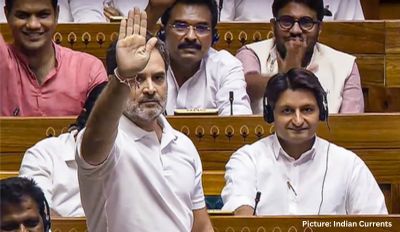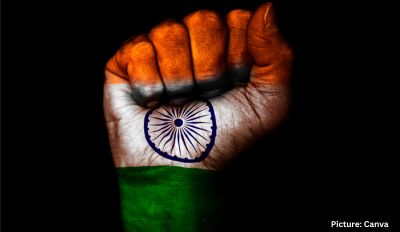The Tamil Nadu government has informed the Supreme Court that citizens of India have the right to freely choose their religion and propagate it peacefully. The government stressed that unless unlawful means are employed, spreading Christianity by missionaries is not illegal as per the Constitution of India. The Dravida Munnetra Kazhagam (DMK)-led government submitted to the court that anti-conversion laws are prone to misuse against minorities, and it would not be appropriate for the government to interfere with personal belief and privacy.
In an affidavit filed recently, the Tamil Nadu government maintained that there have been no incidents of forceful conversion reported in the state in the past several years. It criticized PIL petitioner-advocate Ashwini Upadhyay for attempting to target Christian missionaries by filing a “religiously motivated petition” requesting a CBI probe into alleged cases of forcible conversion and a draft on anti-conversion law by the law commission of India.
The government acknowledged that citizens have the right to propagate their religion as per Article 25 of the Constitution. However, if their act of spreading their religion is against public order, morality, health, or fundamental rights, it must be viewed seriously. The Tamil Nadu government cited Articles 21 and 25 of the Constitution, stating that “every citizen has the opportunity to practice and spread his religion peacefully” and the right to have faith in a particular religion is an inviolable right that the state is obligated to protect.
The state emphasized that citizens have the right to change their beliefs, and the government must maintain a balance between the right to propagate religion and public order. The MK Stalin-led government revealed that in 2002, the state had passed the Tamil Nadu Prohibition of Forcible Conversion of Religion Act, which was later repealed in 2006 due to popular opposition.
The government also denied Upadhyay’s claims regarding the suicide of a minor girl named Lavanya in Tamil Nadu after she was allegedly forced to convert by the Christian institution where she was studying. The state stated that the Central Bureau of Investigation is still investigating the cause of Lavanya’s death, and as per the state police’s investigation, there is no concrete proof or clinching evidence to say that she committed suicide because of compulsion to convert to Christianity.
The Tamil Nadu government sought the dismissal of Upadhyay’s PIL, arguing that the petitioner belongs to the Bharatiya Janata Party (BJP) and has attempted to convert the court proceedings into a political fight. The government stated that Upadhyay’s request for a CBI probe into the alleged cases of forcible conversions and a draft on anti-conversion law by the law commission of India are baseless and unwarranted.
As per the Tamil Nadu government, anti-conversion laws can be misused against minorities, and citizens have the right to freely choose their religion and propagate it peacefully. The government’s submission to the Supreme Court highlights the need for maintaining a balance between the right to propagate religion and public order. The government’s stance reiterates the Constitution’s guarantee of every citizen’s right to propagate their religion peacefully and change their beliefs.

